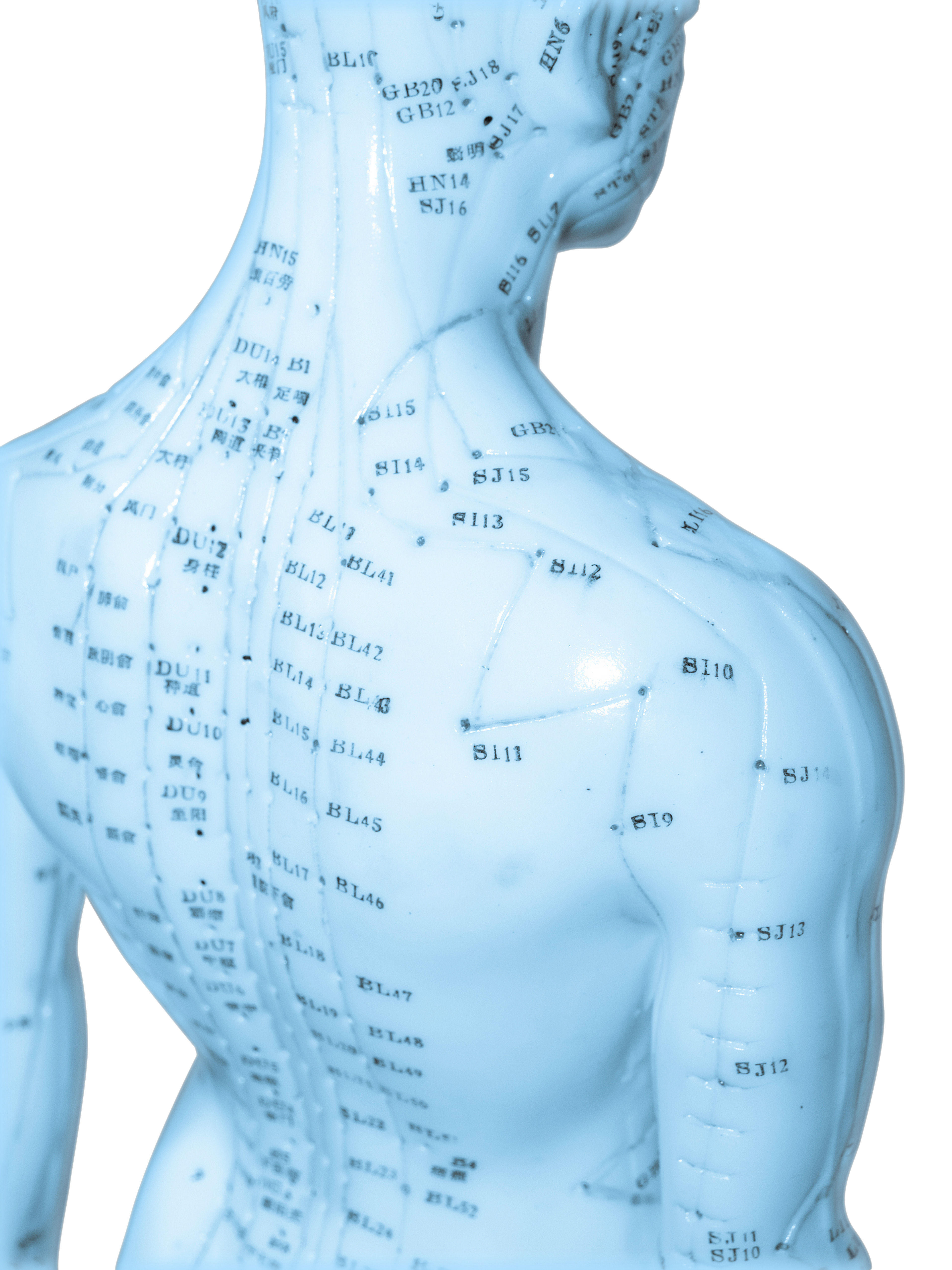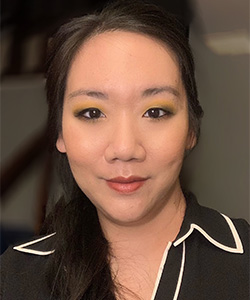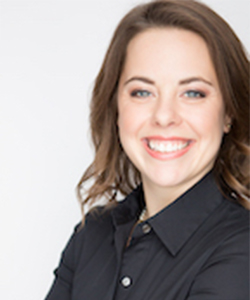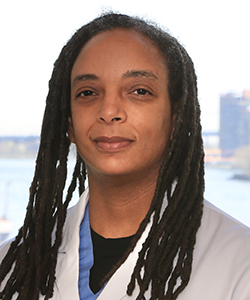
April 20, 2021, 7-8 pm ET
Live Webinar
Registration is now closed.
Join top experts for an insightful discussion of integrative health therapy in the perioperative setting.
- Overview of Evidence for Most Common Complementary Medicine Techniques – Dr. Deirdre Kelleher
- Setting up a Perioperative Acupuncture Program – Dr. Stephanie Cheng
- Hypnosis in the Perioperative Period – Dr. Meghan Kirksey
- Panel Discussion/Q&A
This one-hour live webinar offers 1 CME credit.
Register
Program
| 7:00 pm ET | Welcome and Introductions | Deirdre Kelleher |
| 7:05 pm ET | Overview of Evidence for Most Common Complementary Medicine Techniques | Deirdre Kelleher |
| 7:20 pm ET | Setting up a Perioperative Acupuncture Program | Stephanie Cheng |
| 7:35 pm ET | Hypnosis in the Perioperative Period | Meghan Kirksey |
| 7:50 pm ET | Q & A – Panel Discussion | |
| 8:00 pm ET | Adjournment |
View Faculty Disclosure (PDF)
Scientific/Education Planning Committee:
Andrea Chadwick, MD; University of Kansas School of Medicine, Leawood, KS
Deirdre Kelleher, MD; Weill Cornell Medicine, New York, NY
Faculty:

Stephanie Cheng, MD, completed her anesthesiology residency at Yale and her regional anesthesiology and acute pain management fellowship at Hospital for Special Surgery (HSS). In addition to her current regional anesthesiology practice, she is also a board-certified medical acupuncturist and serves as the director of the integrative medicine program where she has been successful in integrating medical acupuncture as part of a multimodal approach to postoperative pain control. She also serves as the residency program site director at HSS for Cornell, Johns Hopkins, Georgetown, and UCSF rotating residents. In addition to her interests in integrative medicine and resident education, she is also an active advocate of point-of-care ultrasound (PoCUS), has collaborated on several research projects, and has served as faculty at several ASRA PoCUS workshops.

Deirdre Kelleher, MD, is an assistant professor in clinical anesthesiology at Weill Cornell Medicine in New York City. After receiving her medical degree from Columbia University, she completed her anesthesiology residency at Weill Cornell, followed by a fellowship in regional anesthesia and acute pain medicine at Hospital for Special Surgery (HSS). During her time at HSS, she also completed a sub-fellowship in complementary medicine with a focus on medical acupuncture. She is an advocate for integrating complementary health techniques into everyday anesthesia practice to both treat and prevent pain, anxiety, and nausea, and to promote overall wellness after surgical Interventions.

Meghan A. Kirksey, MD, PhD, received her PhD from The Rockefeller University in microbiology and immunology and her MD from Weill Cornell Medical School. She joined Hospital for Special Surgery after completing specialty training in anesthesiology at NYP Hospital Weill - Cornell and fellowship training in critical care medicine at NYP Hospital - Columbia. Dr. Kirksey is actively involved in clinical and database research to elucidate physiologic and clinical determinants of postoperative outcomes.
To receive your CME certificate
- Download the Credit Claim Form.
- Indicate the number of hours you attended (credit will be verified against registration).
- Send the completed form to [email protected].
- Your certificate will be emailed to you within 1 week.
Target audience
This webinar is designed for the clinician learner in the specialties of anesthesia, acute and chronic pain management wanting to gain knowledge in the area of integrative health therapy in the perioperative setting.
Objectives
- Describe various integrative health techniques that may be incorporated into the perioperative period and the available evidence to support their use.
- Discuss the barriers to incorporating integrative health techniques into everyday anesthetic practice.
- Formulate a comprehensive perioperative anesthetic plan incorporating readily available integrative health techniques.
Accreditation and credit designation statements
- Physicians: The American Society of Regional Anesthesia and Pain Medicine is accredited by the Accreditation Council for Continuing Medical Education (ACCME) to provide continuing medical education for physicians.
The American Society of Regional Anesthesia and Pain Medicine designates this internet live activity (“course”) for a maximum of 1.00 AMA PRA Category 1 Credits™. Physicians should claim only the credit commensurate with the extent of their participation in the activity.
- PAs (Physicians Assistants): AAPA accepts certificates of participation for educational activities certified for AMA PRA Category 1 Credit™ from organizations accredited by ACCME or a recognized state medical society. Physician assistants may receive a maximum of 1.00 hours of Category 1 credit for completing this program.
- Nurse Practitioners: The American Association of Nurse Practitioners (AANP) accepts AMA PRA Category 1 Credits™ from organizations accredited by the ACCME. This activity has been approved for a maximum of 1.00 AMA PRA Category 1 Credits.™
- Registered Nurses: Regulations dictate that only physicians may earn CME credits, however, many state Boards of Registered Nursing accept AMA PRA Category 1 Credits™ from organizations accredited by the ACCME. Attendees are responsible for confirming their specific board’s acceptance of ASRA-provided credits. This activity has been approved for a maximum of 1.00 AMA PRA Category 1 Credits.™
Check Out These Upcoming Programs
-
Apr16
-
Mar21